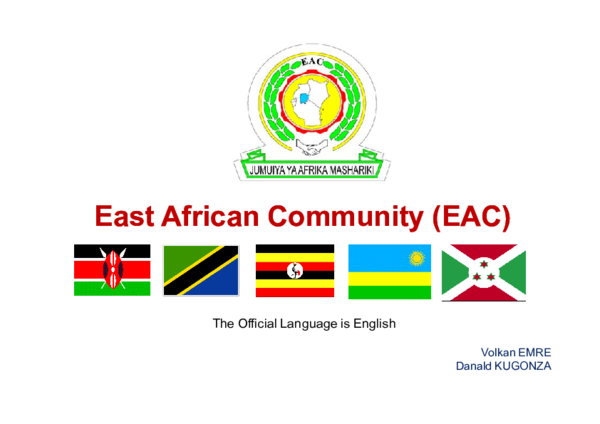Difficulties in securing foreign currencies and lack of affordable credit in the wake of rising interest rates are major challenges facing traders in the East African Community, according to a new report on the Ease of Doing Business in the EAC 2023, that also highlights traders still facing challenges at borders and markets despite harmonized tariffs within the EAC bloc.
The report released by the East African Business Council (EABC) details persistent cross-border restrictions and high trading costs which are hurting intra-EAC trade that are further aggravated by delays in payments by government for supplied goods and services, securing government tenders and obtaining tax refunds, tax appeals, rulings, and customs valuation. This is despite the region being the most integrated compared to other blocs such as Southern African Development Community (SADC) and the Middle East and North Africa (MENA).
While EAC has harmonized tariffs and pushed for the ease of movement, traders are still facing challenges which vary from country to country. This is despite the region experience steady increases in trade volumes in post-Covid era, driven by reopening of economies and demand for goods and services.
Intra-EAC trade, accounting for imports and exports in the seven EAC partner states, grew from 13% in 2019, valued at $7.1 billion, to 15% in 2021, valued at $9.5 billion. By September 2022, EAC’s trade value reached $10.17 billion, official data shows, representing a 20% share of intra-trade within global trade, which stood at $62 billion.
“Despite this progress, persistent Non-Tariff Barriers and protectionist tendencies by EAC Partner States have been identified as key factors hindering the growth of intra-EAC trade,” the report reads in part. Consequently, the EAC private sector has called for effective mechanisms to eliminate NTBs in the region. But the region’s currencies also remain exposed to the strengthening US dollar with traders struggling to secure enough dollars for trade, amid low usage of local currencies for payments.



